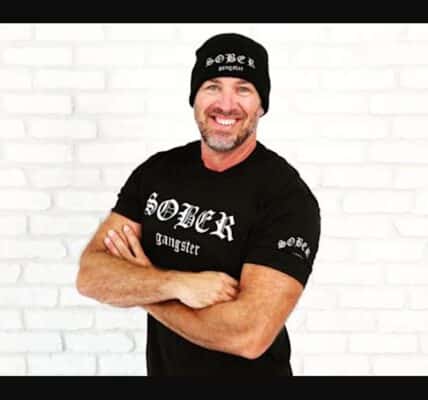The Worst Conceivable Approach to Addiction

Whenever there is a change in the U.S. President, one hopes for renewed efforts to deal with the crisis of addiction in America. While the Trump administration has made restricting the supply of fentanyl a priority, the drug is easily manufactured within the U.S., as are other synthetic opioids.
Fentanyl is 50 times more potent than heroin and 100 times more potent than morphine, according to the Centers for Disease Control (CDC). It’s also “easier and cheaper to create when compared to other opiates.” The likely outcome of the restrictions on imported fentanyl, heroin and cocaine will be a resurgence in domestic manufacturing. Make fentanyl great again.
The immediate priority of the Trump administration with regard to America’s drug policy was to suspend existing grants for addiction research, fire 20% of the workforce without consideration of merit, and screen research for any mention of diversity, equity or inclusion. Will it become unfundable to consider gender, race, or any demographics in addiction research?
The next phase of the Trump administration’s addiction policy came with the confirmation of Robert F. Kennedy, Jr. as Secretary of Health and Human Services (HHS). Seemingly, his first order of business was to defund SAMHSA — the Substance Abuse and Mental Health Services Administration — and merge the remnant into America’s Health Agency. SAMHSA is the nation’s largest distributor of Narcan and training to use Narcan, credited with finally reducing America’s overdose death rate.
SAMHSA funds a zillion things related to the effort to reduce addiction in America. They fund research. They fund the collection of statistics. They force service providers to achieve measurable improvements in outcomes. Without SAMHSA, the national response to addiction will likely collapse and all services will devolve to states and localities.
The one-two punch of halting addiction research and defunding addiction treatment is unlikely to lead to an improvement in addiction outcomes in America. Addiction treatment facilities are closing, there are fewer beds available for residential recovery, and fewer places for people in recovery to get their medication.
Now comes the kicker. On Thursday, July 24, 2025, President Donald J. Trump signed an executive order to encourage the “civil commitment” of people who “are living on the streets and cannot care for themselves in appropriate facilities for appropriate periods of time.” What? Involuntary civil commitment for the crime of not being able to afford shelter? Where will they be put, Alligator Alcatraz?
For many years, the nonprofit group House the Homeless conducted an informal survey of the 500 or so persons attending their annual HUGGS giveaway of winter clothing and survival supplies. With some consistency, half of the homeless in the United States are disabled. Again, where will they be put? If the government actually provided shelter and medical care, commitment would be a blessing to many. They are likely to get neither care nor compassion.
Half of the homeless are disabled, and half of the homeless are employed. Half of the homeless work at least 20 hours a week. Many work full-time. Is it a crime they have to sleep in automobiles or shelters to get by? What happens to their jobs when they are committed? What happens to their children? Where will they be put?
Does anyone believe that stopping all funding for addiction research, firing a quarter of the staff, ending funding for addiction treatment, and incarcerating homeless persons is going to lead to improved outcomes for anyone? It is an outrage that pharmaceutical companies made billions of dollars giving millions of Americans substance use disorders, then just when recovery took hold, the support got pulled out from under everyone. The result is likely to be catastrophic.
Written by Steve O’Keefe. First published July 31, 2025.
Sources:
“The Trump administration restructures federal health agencies, cuts 20,000 jobs,” NPR, March 27, 2025.
“Ending Crime And Disorder On America’s Streets,” U.S. Presidential Executive Orders, July 24, 2025.
“ACLU Condemns Trump Executive Order Targeting Disabled and Unhoused People,” ACLU Press Release, July 24, 2025.
Image Copyright: wavebreakmediamicro.




